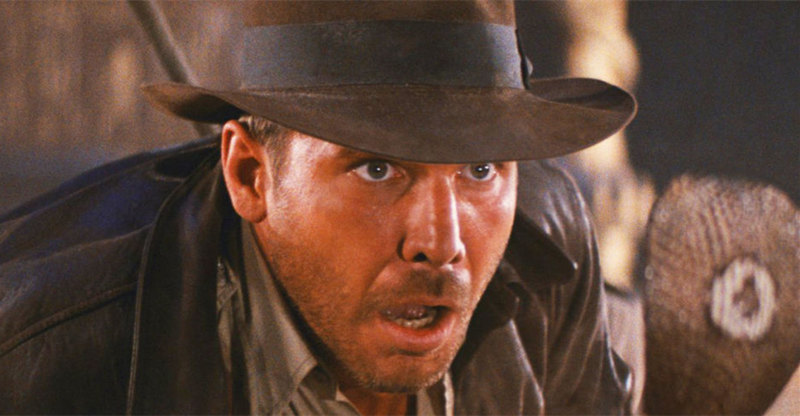I’m pretty sure the talking heads interviewed for this documentary agreed to participate for one main reason: they really like to say the name Sholem Aleichem. And why not? It rhymes and it’s got that great phlegmy “ch” sound right at the end that makes you feel like you’re ending on a punchline. That’s probably how the man born Sholem Rabinovich intended it; the pseudonym was a play on “shalom aleichem” (peace be with you) and its endearing quality helped make him one of the preeminent Jewish writers of his time. The quality of his writing helped a little too.
The man who would become Sholem Aleichem was born in 1859 in a shtetl (small town) in Russia near Kiev and had a relatively privileged childhood. However, just as Sholem was entering his teen years, his father met with financial disaster and his mother died in a cholera epidemic. The sudden turbulence established a pattern for the man who would spend much of his adult life in transit, living in a kind of semi-exile and never fully secure even while enjoying his considerable fame and intermittent fortune.
“Sholem Aleichem: Laughing in the Darkness” (2011) is an ambitious and vibrant documentary by Joseph Dorman that celebrates the legacy of the artist while also contextualizing him as the chronicler of a way of life that was disappearing just as he was popularizing it. Aleichem wrote about shtetl life as the shtetl was beginning to fragment, both due to the desire of many Eastern European Jews to assimilate and because of pogroms inflicted by Russians and other dominant cultures who were needed to have the Jews around as convenient scapegoats for any social unrest.
Aleichem’s boldest choice was to write in Yiddish, something frowned upon by Jewish scholars and artists who considered Hebrew the only serious language. Aleichem was more interested in producing a body of work that might actually be read by working class Jews in the words they used every day, and his stories published in the Yiddish press soon made him a staple of weekly life in millions of Jewish households. His first hit character was Menachem-Mendl, a hapless opportunist who chased every hot trend just as it was ending, but his most enduring creation is Tevye the Dairyman whose travails with his six willful daughters made him a powerful point of identification for readers of several generations.
Dorman strikes the perfect balance between the work and the man. Through dramatic readings, Aleichem’s characters are brought to life, and through the recollections of many experts (including Aleichem’s witty granddaughter Bel Kaufman ) the writer emerges as a dynamic character in his own right.
For a while, Aleichem was a stock plunger by day and a writer by night, leading inevitably to bankruptcy that made him financially dependent on his wealthy mother-in-law, a nightmare for any man. A triumphant move to America resulted in a quick retreat to Europe less than a year later when his plays failed miserably as the New York City Jewish audiences didn’t connect with his portrayal of the alien, archaic world of the Eastern European shtetl. Back in Europe, he made his living performing readings of his popular stories, and continued to work in his final years through multiple illnesses.
Aleichem made one more return to America, fleeing from the anti-Semitic violence that accompanied the outbreak of The Great War, and died in New York in 1916 while working on his final novel. Audiences turned out in droves this time, with more than one hundred thousand people flooding the streets for his funeral.
The subtitle “Laughing in the Darkness” is particularly apt as Aleichem was able to extract comedy from tragedy. His characters filtered horror (of challenges to tradition, of persecution) through a pragmatic worldview and coped with a combination of wry fatalism and sheer chutzpah. It’s easy to see why they were popular both then and now, more than a century later.
Video:
The film is presented in a 1.78:1 aspect ratio. Like most Docurama transfers, this SD image is solid but not outstanding. The film uses a lot of archival still photos and they are shown in good detail.
Audio:
The DVD is presented with a Dolby Digital stereo audio track. All dialogue is clearly mixed. No subtitles are provided.
Extras:
The disc includes two interviews with director Joseph Dorman (8 min. and 5 min., respectively) and a two-minute trailer.
Film Value:
This documentary succeeds at bringing both its subject and his writing to life, and should appeal both to fans and newcomers to his work. You might not know anything about Sholem Aleichem aside from Tevye. Joseph Dorman’s film shows us there’s a whole lot more. Strongly recommended.


